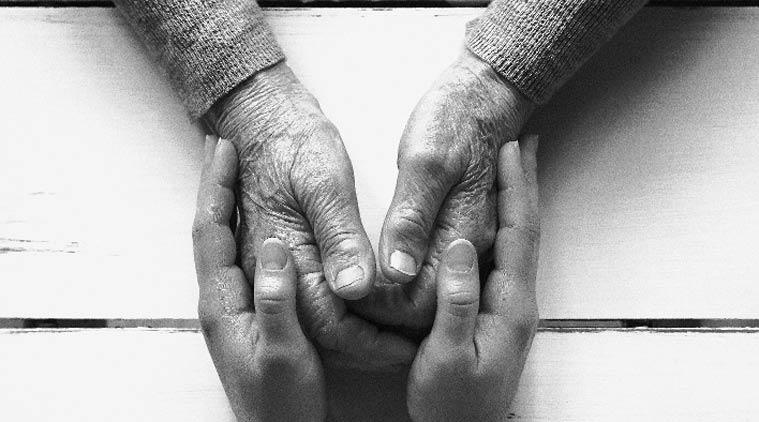How The COVID-19 Lockdowns Will Increase Resentment Of The Elderly
Tyler Durden
Fri, 05/15/2020 – 21:30
Authored by Ryan McMaken via The Mises Institute,
In an article for the LA Times earlier this month, Laura Newberry contends that the COVID-19 panic has “amplified” ageism in the United States. This is likely true, yet the article completely misses the true cause.
Certainly, ageism is a problem for many people. Reprehensible crimes such as elder abuse deserve our attention. Thanks to our highly mobile society, fewer people spend time with their elderly parents or grandparents. This has in many cases reduced the degree to which the elderly are regarded as important members of society.
But it’s unclear why the presence of COVID-19 should amplify any of this. The elderly have always been more susceptible to disease and disability. In bad flu years, do we claim that the additional deaths “amplify ageism”? That does not appear to be have been the case.
If we want to really understand how the COVID-19 panic will amplify ageism – assuming it does – we need look no further than the politics of the government-forced economic shutdowns.
How do the shutdowns increase ageism? Because the extreme and damaging nature of the policy response could lead many to perceive the current economic crisis with record unemployment as the result of a set of policies designed to protect the elderly effectively at the expense of younger workers, parents, students, and families.
After all, most people are aware that the elderly are at greatest risk to COVID-19.
In many states, for example, 50 percent of deaths have occurred in nursing homes.
Eighty percent of deaths occur among those over sixty-five.
Yet instead of isolating these populations, and concentrating on targeting resources to help the most vulnerable, politicians have decided to throw millions out of work, destroy businesses, and close a multitude of social institutions such as schools and churches. Just to be on the safe side.
But it’s only a “safe side” for some.
Thanks to the shutdowns, child abuse has increased, drug abuse has surged, and unemployment will likely lead to more drug overdoses and more suicide.
Under these conditions, many are more likely to come to the conclusion that this is a case of governments choosing winners and losers: the elderly know that the COVID-19 disease is most dangerous to them.
Politicians in turn pander to the elderly, who are a powerful demographic which votes in higher proportions than any other age group. The winners here, therefore, are the elderly, who seem to have the government’s ear.
The losers, meanwhile, are: family breadwinners who lose their jobs, twenty-somethings who can’t start a family, children who can’t attend school, college students who are paying thousands for third-rate Zoom classes, drug addicts cut off from the support they need, and everyone who needs now banned “elective”(but actually very important) medical services not related to COVID-19.
It’s only natural that this perceived political battle over economic shutdowns would lead to a relative increase in resentment toward the elderly in some cases. And the larger the economic misery gets, the worse the ageism will get. April’s unemployment numbers were dismal. May’s may be even worse. The wave of evictions and foreclosures hasn’t yet had a chance to materialize. But it will. In the minds of the newly homeless and unemployed, some are likely to conclude that they and their families are living out of their car because the economy was destroyed in the name of protecting people who no longer are responsible for keeping children fed and clothed.
This won’t improve social cohesion.
This would not occur to the same degree, however, had the matter not been politicized. Had social pressure and education been used—instead of heavy-handed coercive state methods—to enhance health measures for the elderly, there would be no reason to look at this as an “us vs. them” scenario. But this is what politics does. It employs the violence of the state to jail, fine, and impoverish many in the name of ostensibly benefiting some particular group of people.
The result in this case will indeed be an amplification of ageism. But these feelings are not completely unfounded. Politics is generally a game of one group using the coercive power of the state to extract benefits at the expense of others. If the elderly benefit from lockdowns (which may or may not even be the case), then these benefits are coming at the expense of others.
Of course, not all elderly people want the lockdowns or ever asked for them. Many actively oppose them. But politics isn’t about nuance or evaluating individual cases. It’s about exploiting some groups in the name of helping others. In the end, the politicians benefit the most.
via ZeroHedge News https://ift.tt/2WXTb5y Tyler Durden
